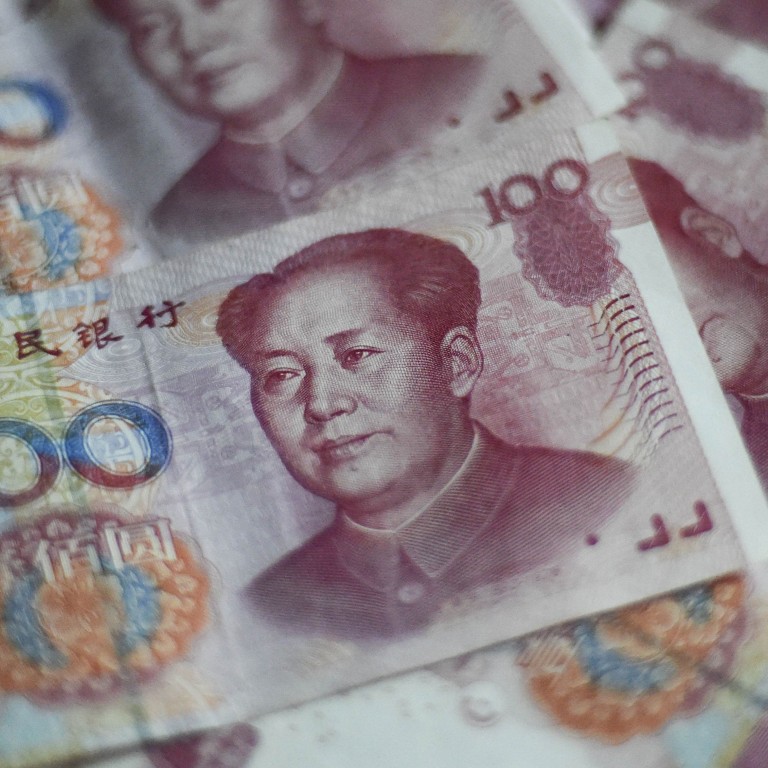
New | Shanghai, Hong Kong interbank yuan rates spike ahead of National holidays
The doors for arbitragers who focus on working between the onshore and offshore yuan rates have reopened as overnight onshore interbank offered rate (SHIBOR) and 7-day offshore rates (CNH HIBOR) spiked late last week as trades thinned ahead of the National Day holidays.
Data from Wind showed overnight SHIBOR spiked by 8.2 basis points to 1.9890 per cent as the mainland closed shop for the Golden Week holiday break. In Hong Kong, CNH HIBOR also regained a high of 6.691 last week. The CNH HIBOR is up from the trough it touched at 2.5180 under the People's Bank of China intervention; but still substantially lower than the peak of 10.095 per centit reached on August 25 when yuan liquidity in Hong Kong came under distress.
Instead of foreign hot money, more researchers now point to corporate punters as the most likely culprits in contributing to the two-way flows. Experts say their activities have been reinforcing the depreciation pressure and disrupted the interbank market - so the PBOC was right to step in and intervene.
"The cross-border arbitrage of yuan is still a gray area under the current system of forex regulations," Jiang Chao, head of fixed income research at Haitong Securities, said.
Jiang noted punters are still relying on a few main means to straddle their trades. Some take liberties with the freedom provided by their non-resident accounts (NRA) or free-trade accounts. This is done by purchasing yuan onshore to sell outside China, purchasing yuan with accounts registered in the free-trade zones to accounts registered in the areas immediately outside those zones.
While the impact brought about by free-trade accounts is relatively minimal, NRA activities are seen reinforcing selling pressures within the mainland, and expanding net outflows of dollars from China.
Among the more sophisticated, Jiang said, companies have taken to shorting non-deliverable forwards (NDF) for foreign currencies offshore while holding long positions for NDF positions for onshore yuan.
"Bank transaction volumes for forwards is extremely small. To avoid liquidity risk, most banks purchase spot dollars after selling NDFs to their clients - then hold them to maturity. This way, corporate clients' arbitraging behaviour is transferring pressure to the interbank market in the form of forex outflows and creating pressure for further yuan depreciation," Jiang said.
At a more low-tech level, other firms still construct actual trades using trade receipts or use export-oriented trade financing to pocket profits.
Under a newly resurgent regulatory stance on forex, Haitong Securities believes it will be more difficult for punters to operate on trade accounts. Spreads are also due to narrow to about 0.2 per cent going forward.
Lu Zhengwei, chief economist at Industrial Bank, said the state's current policy stance is unsustainable and prone to sustained attacks by punters.
"Foreign hedge funds love a rich target," he said. "Who better than China? A target has to have clear unsustainable policies and be rich enough to provide the payouts."

